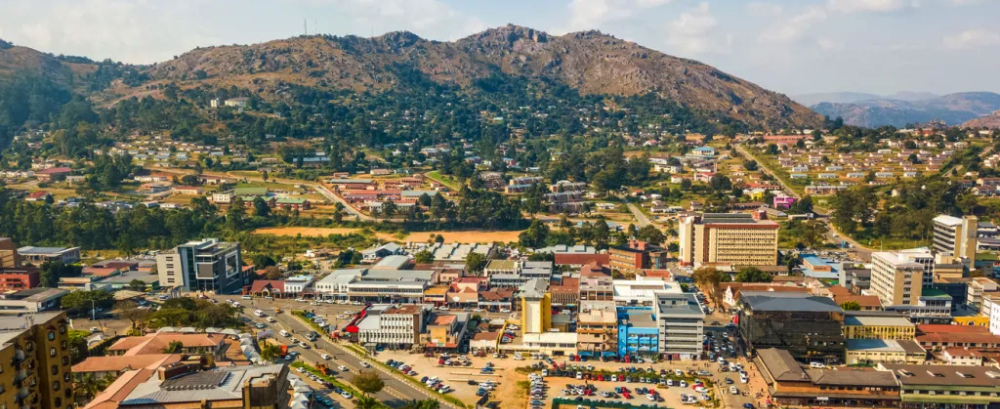
South Africa
April 12, 2025
Côte d’Ivoire
April 12, 2025Benin, a West African country, is not traditionally known for its mineral resources, and its economy is more dependent on agriculture, trade, and services. However, the country does have some mineral resources, although they are not extensively exploited. Here’s an overview of the key mineral resources in Benin:
Key Mineral Resources
Limestone:
Overview: Limestone is one of the more significant mineral resources in Benin. It is found in various parts of the country, particularly in the southern regions.
Reserves: The limestone reserves in Benin are considered adequate to support local demand, particularly for the cement industry.
Marble:
Overview: Benin has deposits of marble, although they are not extensively developed. Marble is found in various regions, including the northern part of the country.
Reserves: The reserves of marble in Benin are modest, primarily supporting local construction needs.
Clay:
Overview: Clay deposits are found in various parts of Benin and are an important resource for the local ceramics industry.
Reserves: The clay reserves in Benin are sufficient to meet local demand, particularly for construction materials.
Sand and Gravel:
Overview: Sand and gravel are widely available across Benin, particularly in riverbeds and coastal areas. These materials are essential for the construction industry.
Environmental Concerns: The extraction of sand and gravel, especially from riverbeds, is subject to environmental concerns, such as erosion and habitat destruction.
Gold:
Overview: There are reports of small-scale gold deposits in Benin, particularly in the northern regions. However, gold mining is not a significant industry in the country.
Reserves: The gold reserves in Benin are not well-documented and are likely limited, with most activities being artisanal and small-scale.
Phosphate:
Overview: Benin has potential phosphate deposits, particularly in the northern part of the country. Phosphate is an essential mineral for agriculture, used in the production of fertilizers.
Reserves: The phosphate reserves in Benin are not yet fully explored or developed.
Investment and Extraction Situation
- Limited Mining Activity: Benin’s mining sector is underdeveloped, with limited extraction activities mainly focused on materials like limestone, marble, and clay for local use. The government has expressed interest in attracting investment to explore and potentially develop the country’s mineral resources further.
- Environmental and Regulatory Considerations: As with many countries, mining activities in Benin are subject to environmental regulations aimed at protecting natural resources and minimizing the impact on local communities. The extraction of materials like sand and gravel is particularly sensitive to environmental concerns.
- Potential for Exploration: While Benin’s mineral resources are not yet fully exploited, there is potential for future exploration, particularly for resources like phosphate and possibly gold. The government is likely to encourage more exploration and investment in the mining sector as part of its broader economic development strategy.


